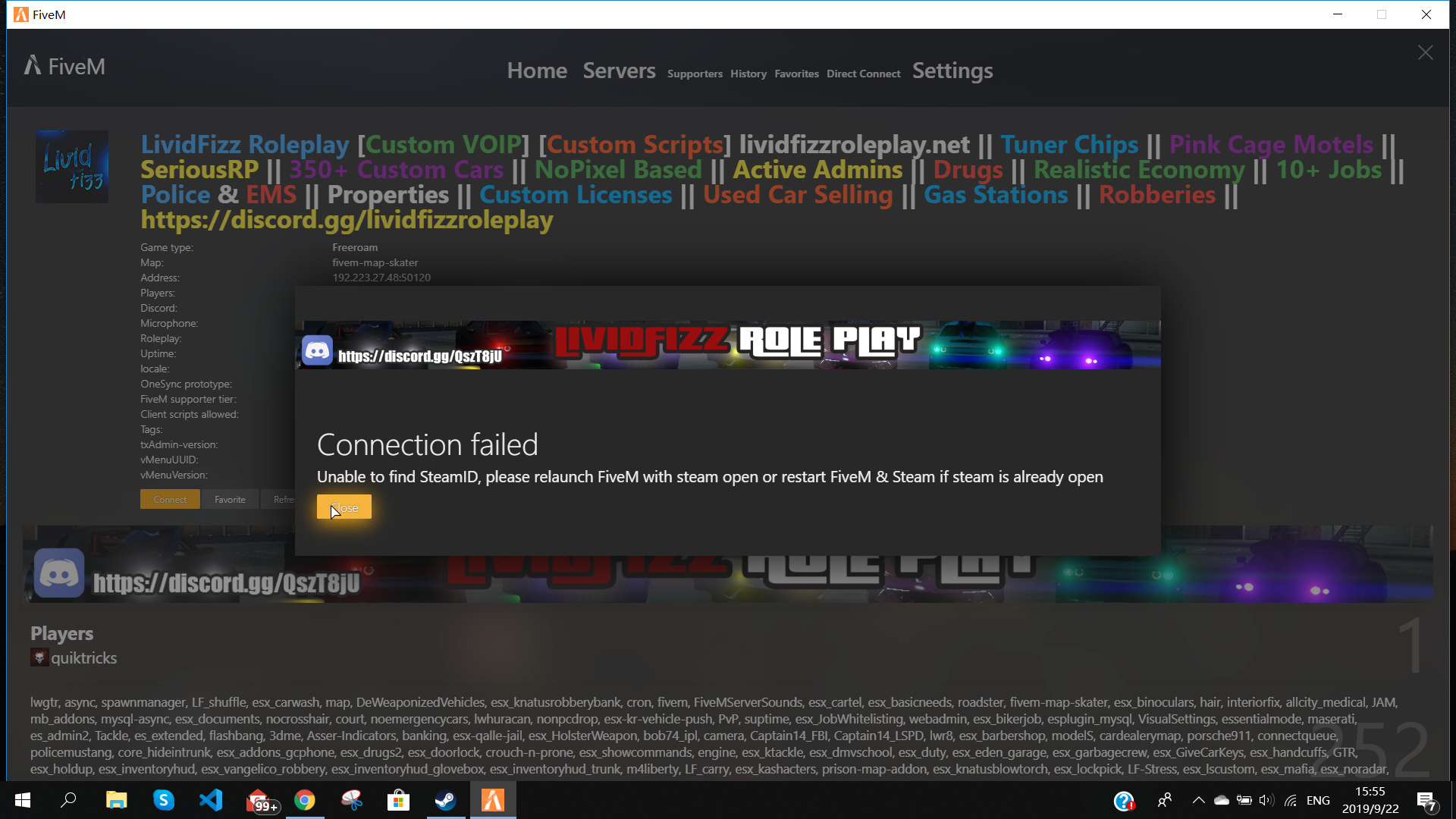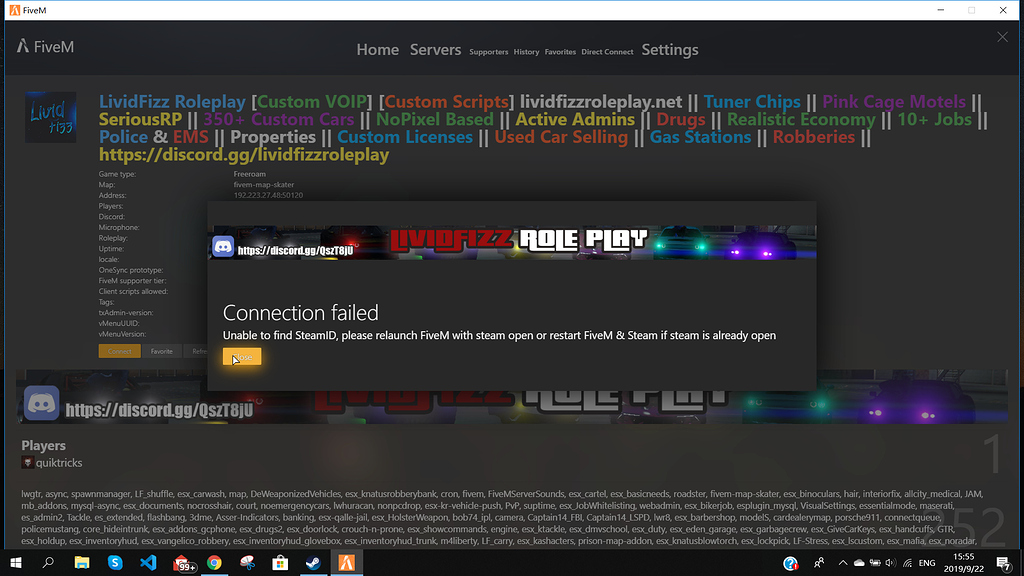

The default server.cfg is heavily commented, so please see that for further information. You may wish to make a copy of this file and place it into your fs_homepath, as updates to the default server.cfg may revert your changes to default.
#64 bit steam id windows#
Windows XP: press ⊞ Win+ R, type regedit, press ↵ Enter.Īpplications writing to HKEY_LOCAL_MACHINE\SOFTWARE will be redirected by the operating system based on whether the application is running elevated or not, the application is a 32-bit or 64-bit application, as well as if the operating system is running native 32-bit or 64-bit.Configure your server through server.cfg.Vista and later: open the Start screen/Start menu, type regedit, press ↵ Enter.32-bit Windows: %PROGRAMFILES%\Ubisoft\Ubisoft Game LauncherĦ4-bit Windows has two rarely used environmental variables: %ProgramFiles(x86)% points to the 32-bit folder (typically C:\Program Files (x86)), whereas %ProgramW6432% points to the 64-bit folder (typically C:\Program Files), both regardless of the bitness of the running process.64-bit Windows: %PROGRAMFILES(X86)%\Ubisoft\Ubisoft Game Launcher.The Ubisoft Connect folder contains data for games using Ubisoft Connect integration it uses the following locations by default: 32-bit Windows: %PROGRAMFILES%\Origin Games.64-bit Windows: %PROGRAMFILES(X86)%\Origin Games.The Origin Client folder contains data for games using Origin integration it uses the following locations by default:

macOS (OS X): ~/Library/Application Support/Steam/.


For non-Steam games open Finder and click Applications on the side.For Epic Games Store games, the default location is %PROGRAMFILES%\Epic Games.The Run as administrator option allows a process to run with elevated privileges, allowing it to write to the protected folders without being redirected to %LOCALAPPDATA%\VirtualStore.To prevent this redirection many digital distribution platforms and MMOs therefore change the security permissions on their root folder(s) to allow write operations for regular users and non-elevated processes directly to the installation folder.Write operations against a location below %PROGRAMFILES%, %PROGRAMDATA%, or %WINDIR% are redirected to %LOCALAPPDATA%\VirtualStore on Windows Vista and later for processes running without elevation.For Steam games right-click the game in the Steam library and choose Properties, then go to the Local files tab and click Browse local files.For non-Steam games right click the shortcut and choose Open file location.Most games store saves and settings in the My Documents folder:įolders can can be found in /steamapps/compatdata//pfx/drive_c/users/steamuser/My Documents/ (and so forth). The default Steam library is in the same location as the Steam client (discussed later).Ĭustom Steam library folder(s) can be seen in Steam, Settings, Downloads, Steam library folders.Įxecutables can be found in \steamapps\common\. Save files are sometimes stored here as well but many newer games will put them in a different location. The game's installation folder is where the game's files are stored, displayed as.


 0 kommentar(er)
0 kommentar(er)
